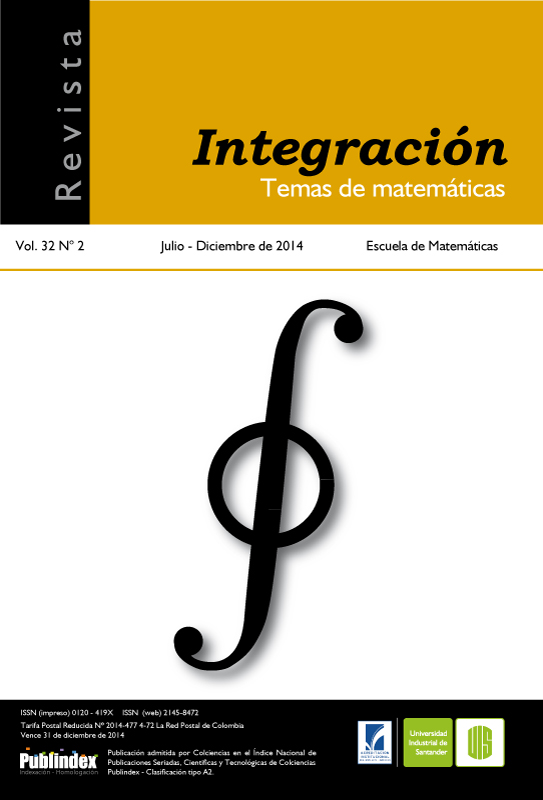Published 2014-10-31
Keywords
- Specification,
- categories,
- algebra,
- coalgebra,
- satisfaction relation
- institution,
- coinstitution ...More
How to Cite
Abstract
Recently, the specification of a problem in computer sciences–an intermediate step between the given problem and its implementation as a software system that guarantees its solution– uses universal algebra and coalgebra theories for its description. This stage includes a syntactic and a semantic component, having a logic system as result. In [3], the case of many-sorted equational logic is studied for the purpose of specification problems. Dually, in [9] an abstract behavioral logic, which models processes and coalgebraic systems behavior is studied. In both logics, the syntactic and semantic components are connected via a satisfaction relation, characterized by the following principle: the truth of formulas is invariant under language translations. In a general and modern framework, we use the institutions in algebraic specification and coinstitutions in coalgebraic specification. We research a particular case of behavioral abstract logic presented in [9], in which coalgebras are restricted to polinomial functors. We identify the respective algebraic coinstitution, detail all its components, and explicitly present the satisfaction relation as the final result.
To cite this article: J.A. Castaño Perea, G. Ortiz Rico, Una coinstitución para la lógica de comportamiento abstracto, Rev. Integr. Temas Mat. 32 (2014), no. 2, 199-210.
Downloads
References
- Awodey S., Category Theory, Oxford Logic Guides, 49. The Clarendon Press, Oxford University Press, New York, 2006.
- Burris S. and Sankappanavar H., A Course In Universal Algebra, Graduate Texts in Mathematics, 78. Springer-Verlag, New York-Berlin, 1981.
- Burstall R. and Goguen J., “The Semantics of Clear, A Specification Languaje”, in Proc. Copenagen Winter School on Abstract Software Specifications, (ed. Dines Bjorner),
- Springer, Vol. 86 (1979), 292-332
- Castaño Perea J.A., “Especificación coalgebraica ecuacional y coecuacional”, Tesis (M.Sc.), Universidad del Valle, Cali, Colombia, 2011, 36 p.
- Domínguez C., “Especificación orientada a objetos de sistemas de cálculo simbólico”, Tesis (Ph.D), Universidad de la Rioja, España, Logroño, 2003, 70 p.
- Goguen J. and Burstall R., “A study in the foundations of programming methodology: specifications, institutions, charters and parchments”, Category theory and computer programming (Guildford, 1985), 313-333, Lecture Notes in Comput. Sci., 240, Springer, Berlin, 1986.
- Goguen J. and Burstall R., “Institutions: abstract model theory for specification and programming”,J. Assoc. Comput. Mach. 39 (1992), no. 1, 95-146.
- Kurz A., “A co-variety-theorem for modal logic. Advances in modal logic”, Vol. 2 (Uppsala, 1998), 367-380, CSLI Lecture Notes, 119, CSLI Publ., Stanford, CA, 2001
- Pattinson D., “Translating Logics for Coalgebras”, in Lecture Notes in Computer Science, Recent Trends in Algebraic Development Techniques, Springer, Vol. 2755 (2003), 393-408.
- Pierce B., Basic Category Theory for Computer Scientist, Londres, Inglaterra, The MIT Press 1991.
- Rutten J.J.M.M., “Universal coalgebra: a theory of systems. Modern algebra and its applications”, (Nashville, TN, 1996), Theoret. Comput. Sci. 249 (2000), no. 1, 3-80.
- MacLane S., Categories for the working mathematician, Graduate Texts in Mathematics, Vol. 5. Springer-Verlag, New York-Berlin, 1971.
